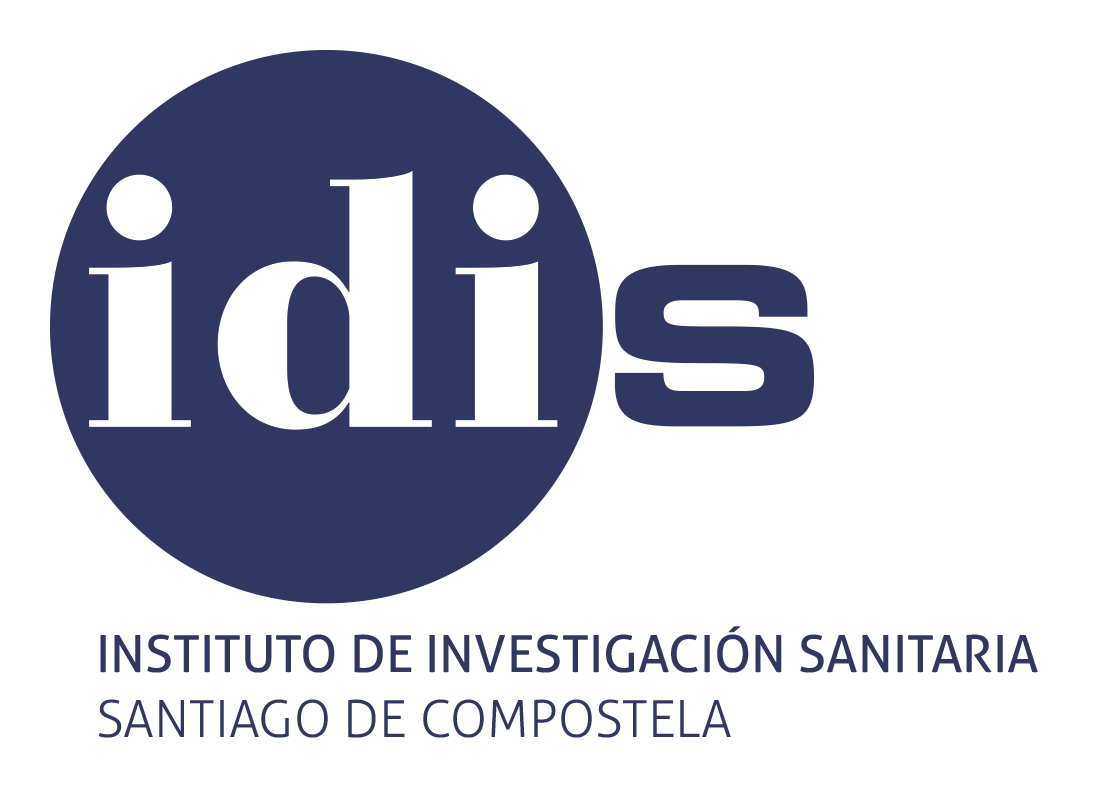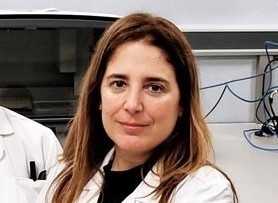Objectives and lines of research
Objectives
The Genetics in cancer and rare diseases group focuses on the study of the genetic basis associated with cancer in relation to the genetic susceptibility involved in its development and the identification of biomarkers related to its treatment (pharmacogenetics, radiogenomics), as well as on the genetics of rare diseases, including cancer predisposition syndromes and genodermatoses. The objective of the group is to advance in the knowledge of the genetic bases of cancer and contribute to the development of strategies for prevention, treatment and improvement of the quality of life of patients through Personalised Medicine.
Lines of research
‐ Genetic susceptibility to cancer
Identifying, through the analysis of common variants and high and moderate penetrance, alterations in genes that predispose or increase the risk of presenting some type of cancer.
The group began by studying hereditary breast and ovarian cancer and the high-penetrance BRCA1 and BRCA2 genes, and over the years it has been incorporating new genes and new tumor types, among which are: pancreatic cancer, prostate cancer, sarcomas, melanoma or kidney cancer, among other tumors.
‐ Biomarkers in cancer
The genetic component, whether germinal or somatic, plays an increasingly important role in the treatment of cancer patients, both at the level of surgical treatment, as well as chemotherapy or radiotherapy. In this specific area, the group is interested in the identification of biomarkers that can be used at the pharmacogenetic level. In addition, in recent years the group has promoted the development of the radiogenomics line, where it searches for markers of susceptibility to ionizing radiation, focusing on both healthy and tumor tissue.
The group uses omics approaches, such as genomics, transcriptomics, epigenetics, proteomics, among others, for the identification of biomarkers of toxicity and response to cancer treatment (which includes complete remission, partial response, stable disease, disease-free survival, disease, progression-free interval, and survival time).
‐ Rare diseases
Pathologies with a very low population prevalence are included in this category, such as hereditary melanoma, other rare syndromes related to cancer with which the group works (Cowden, Gorlin, Li-Fraumeni syndrome) or even breast cancer syndrome. Hereditary breast/ovary.
In addition, for a few years the group has been working on genodermatosis, focusing on congenital ichthyosis.

